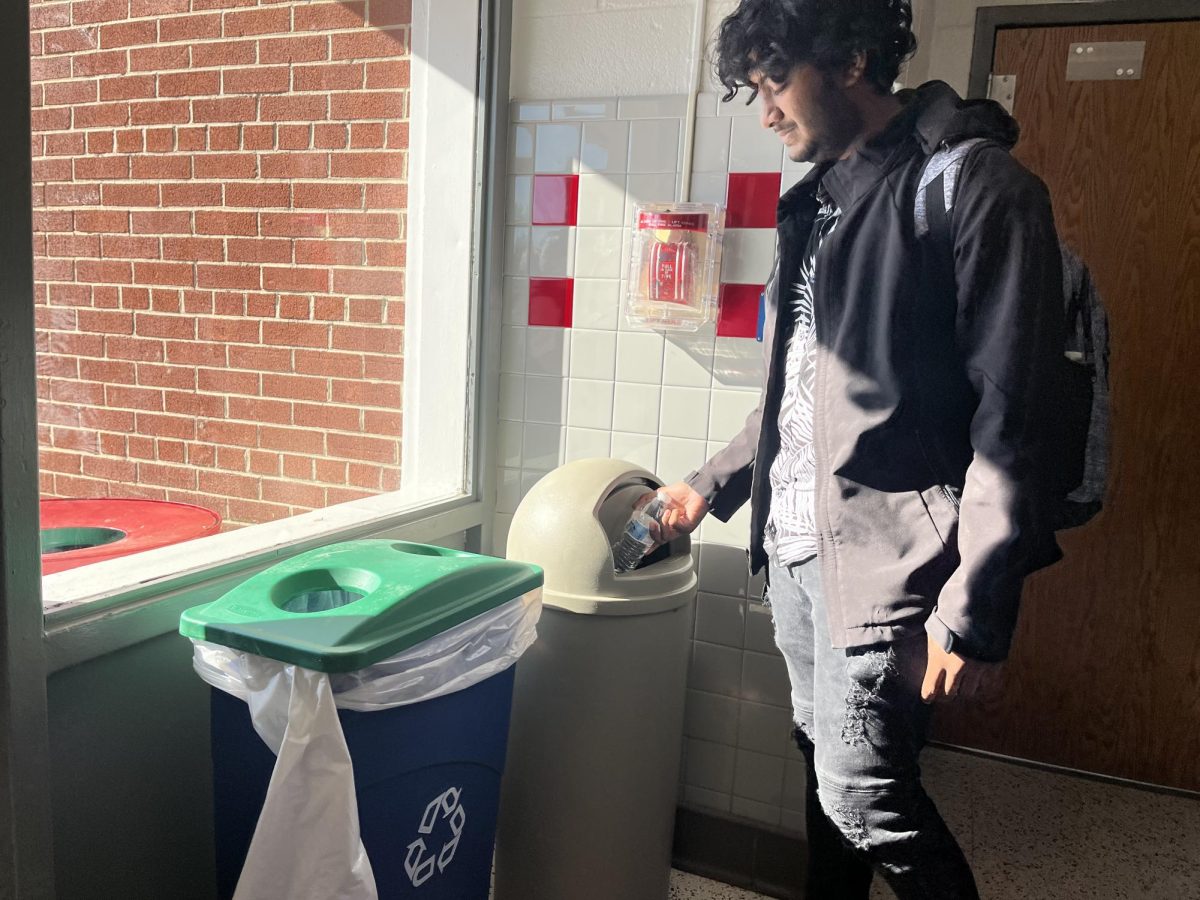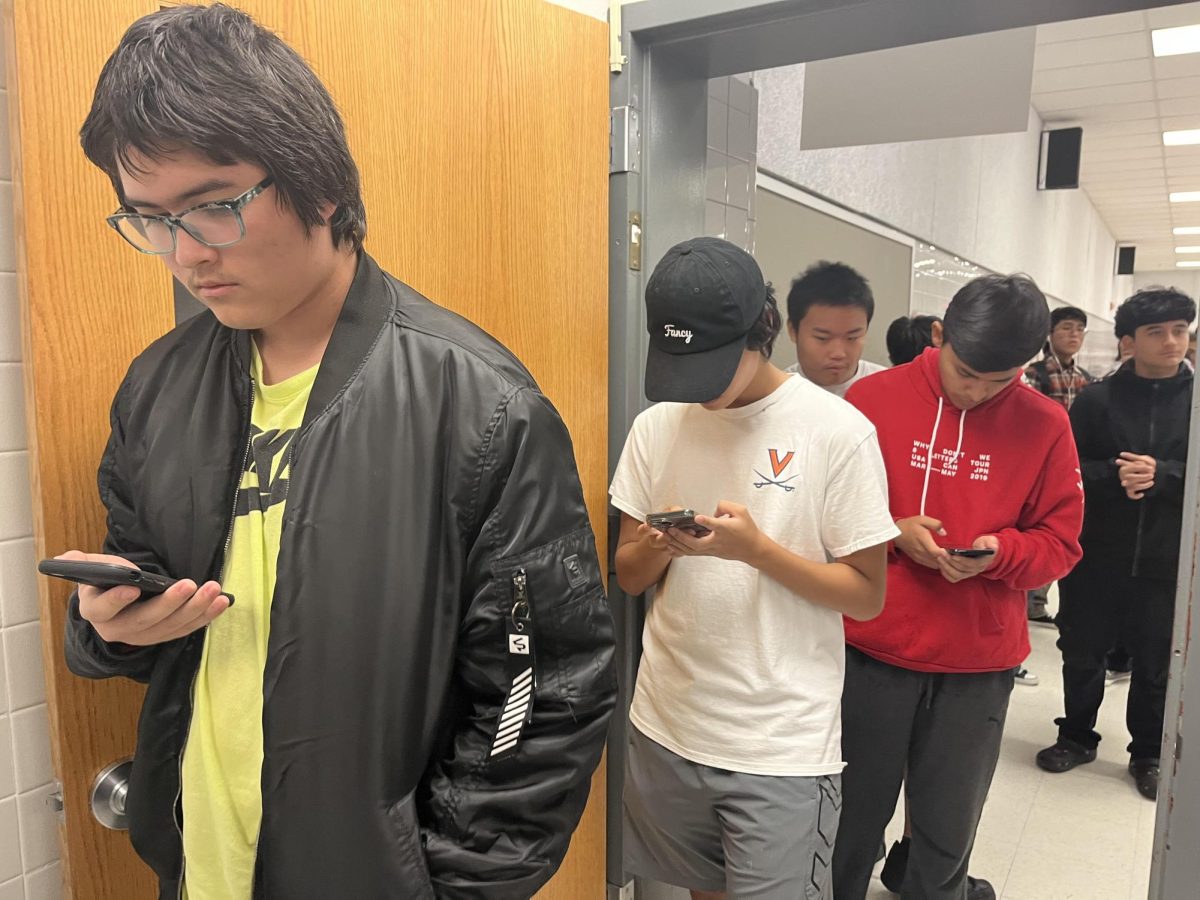The term “abolitionism” brings to mind historical figures such as Frederick Douglass, William Lloyd Garrison and Lucretia Mott. A Google image search retrieves images from the 1830s, illustrating a bygone era.
Slavery is not a subject Americans often talk about anymore. While noble efforts such as the Polaris Project and the Not for Sale Campaign have greatly increased the awareness of human trafficking in our own nation and in other countries, the issue of slavery has not yet been treated with the “Kony Effect.”
In fact, slavery is still socially acceptable in certain realms of the world. CNN recently published a piece on the country of Mauritania, a Saharan nation with a large population considered enslaved.
In 2007, the Mauritanian government created a law outlawing slavery. But, as CNN reports, it is not enforced. Moreover, the Mauritanian government, cognizant of the lack of enforcement of this law, carefully observes the movements of tourists and journalists to ensure that the practices of its citizens remain concealed.
It is heartening to know that a large portion of the American public is aware of human trafficking within their own borders and at large, and are seeking to eradicate the practice. However, it is frightening to realize that there are many Americans who are wholly unaware of the continued practice of outright slavery in foreign lands such as Mauritania. Up until recently, I was part of this group.
The difference between these two atrocious institutions — human trafficking and Mauritanian slavery — is that the latter is considered socially acceptable in the society in which it is established. CNN reports that an estimated 20 percent of the Mauritanian population is enslaved. Surely, if such a practice were not considered socially acceptable, such a startling statistic would not exist.
I urge you to educate yourself about this continued practice in order to convince the Mauritanian government, or other international bodies, to offer freedom to those who have lived in the narrative of slavery for many centuries. It is simply unfair that those who by the accident of birth were born into the institution of slavery must live under the hand of oppressors while we as Americans take for granted the freedom and choices we employ every day.








